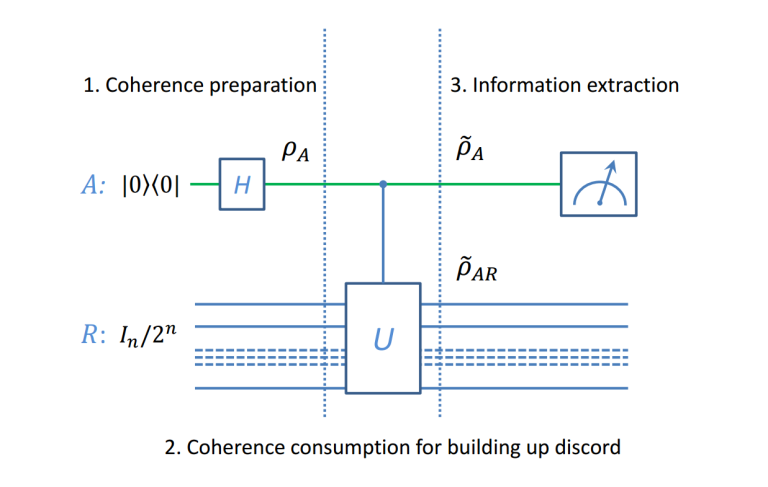
For example, consider the quantum-inspired optimization solutions employed to enhance game design and development.

However, we will see the impact of quantum computing on gaming sooner than we think. Significant challenges in terms of quantum error correction, coherence times, and qubit scalability remain to be solved. Quantum Gaming in the Near Future?ĭespite these exciting prospects, it’s essential to remember that we’re still a long way from having quantum computers in our homes. This means that gamers would be able to play their favorite games from any device, anywhere in the world. With the enhanced processing power, latency could become a thing of the past, offering a seamless gaming experience, even for those without high-end gaming PCs. Quantum computing could also redefine cloud-based gaming. Quantum-powered AI, on the other hand, could provide truly dynamic and unpredictable NPCs, making games more engaging and challenging. With traditional PCs, AI non-playable characters (NPCs) are somewhat predictable. Quantum computing will supercharge AI in games. Quantum computers, with their immense processing power, could solve this issue, resulting in VR experiences that are indistinguishable from reality. VR gaming today is impressive, yet it’s still encumbered by hardware limitations and the inability to produce truly immersive and interactive environments. While quantum computing is still in its infancy, it’s promising to shape the future of gaming by delivering unprecedented performance and bringing about the next generation of games.
Quantum coherence Pc#
Now, the question arises: what does this mean for PC gaming? Quantum Computing and Gaming Recently, tech giants like Google, IBM, and Microsoft have entered the quantum race, each unveiling their quantum prototypes to harness this tremendous power. This quantum property enables quantum computers to process massive amounts of data simultaneously, far beyond the capacity of the most powerful supercomputers today. Qubits exist in a superposition of states, meaning they can simultaneously be 0, 1, or both. Unlike traditional computers that use bits (0s and 1s) to process information, quantum computers leverage quantum bits or qubits. Especially interesting is its potential impact on one of the tech industry’s most dynamic sectors, gaming. However, there’s a new kid on the block set to revolutionize the industry in ways we never imagined: quantum computing. The last few years have witnessed an influx of advancements, from the dominance of cloud technology to the integration of artificial intelligence in our daily lives. Gaussian ensembles.The tech world is never static it evolves at a speed unmatched by any other industry. Theory, we analytically characterize the CGP-OTOC connection for the Haar and Recurrences in quantitatively the same way. Transverse-field Ising model, we show that the OTOC and CGP capture quantum

Via numerical simulations of the (nonintegrable) Out-of-time-ordered correlator (OTOC), a measure of information scrambling in That the coherence-generating power (CGP) - a measure of how much coherence aĭynamical process generates on average - emerges as a subpart of the Matrix theory in the bulk of the spectrum. Then, we numerically study the coherence ofĬhaotic-vs-integrable eigenstates and find excellent agreement with random This connection for all quantum coherence measures by using tools from Quantum coherence measures in disguise (or closely related to them).

States, we show how several well-studied quantifiers of chaos are, in fact, We quantify this connectionĪt two different levels: quantum states and quantum channels.
Quantum coherence pdf#
Download a PDF of the paper titled Quantum coherence as a signature of chaos, by Namit Anand and 3 other authors Download PDF Abstract: We establish a rigorous connection between quantum coherence and quantumĬhaos by employing coherence measures originating from the resource theoryįramework as a diagnostic tool for quantum chaos.


 0 kommentar(er)
0 kommentar(er)
